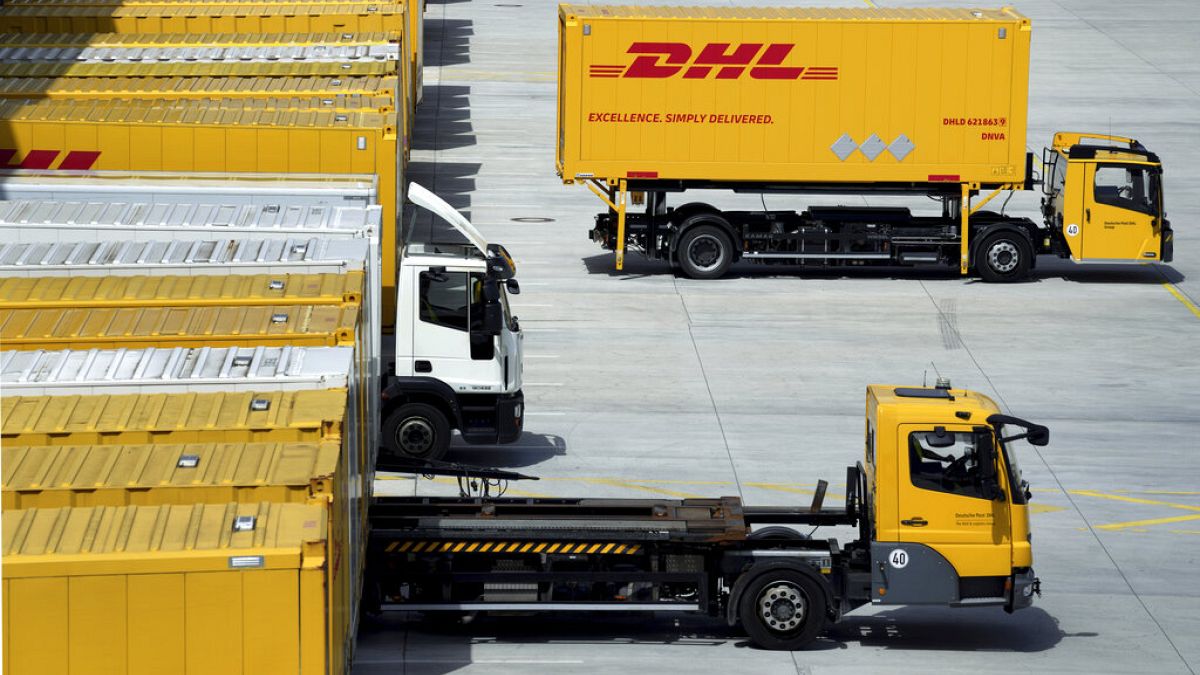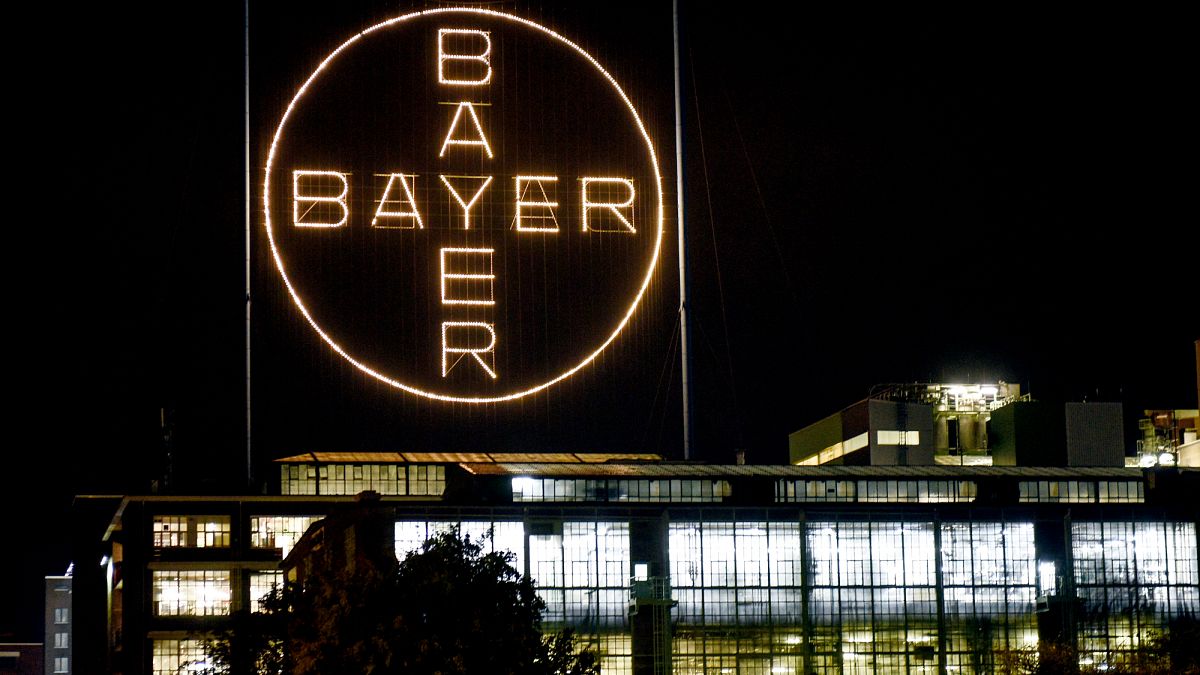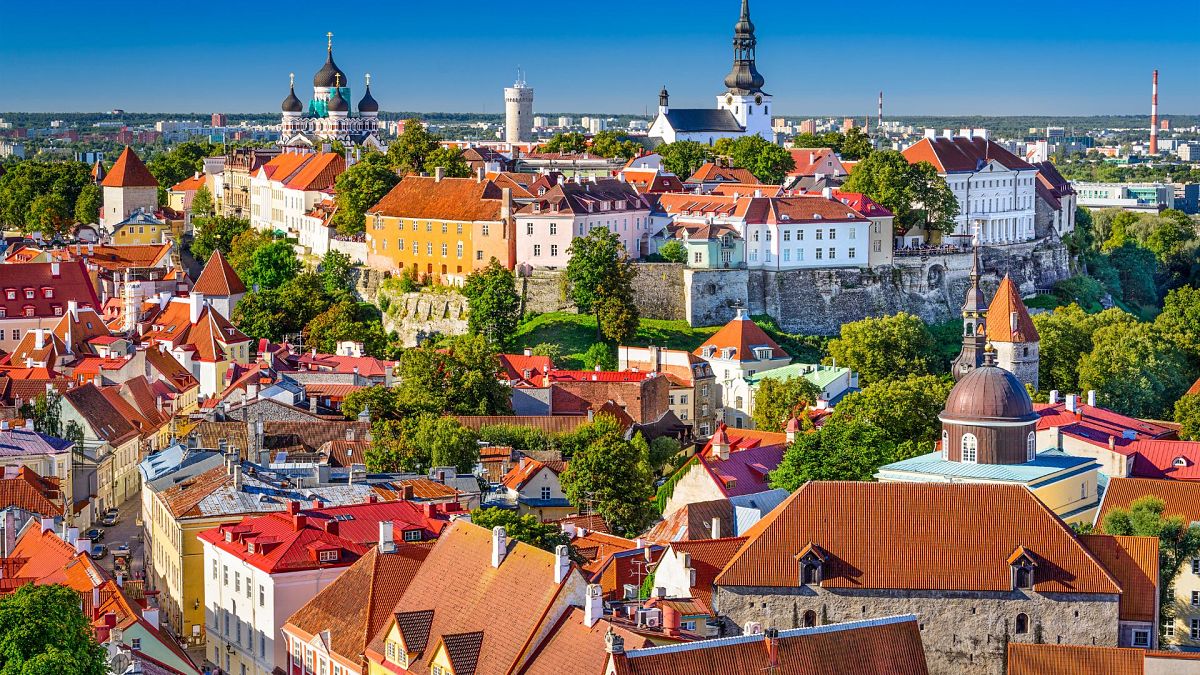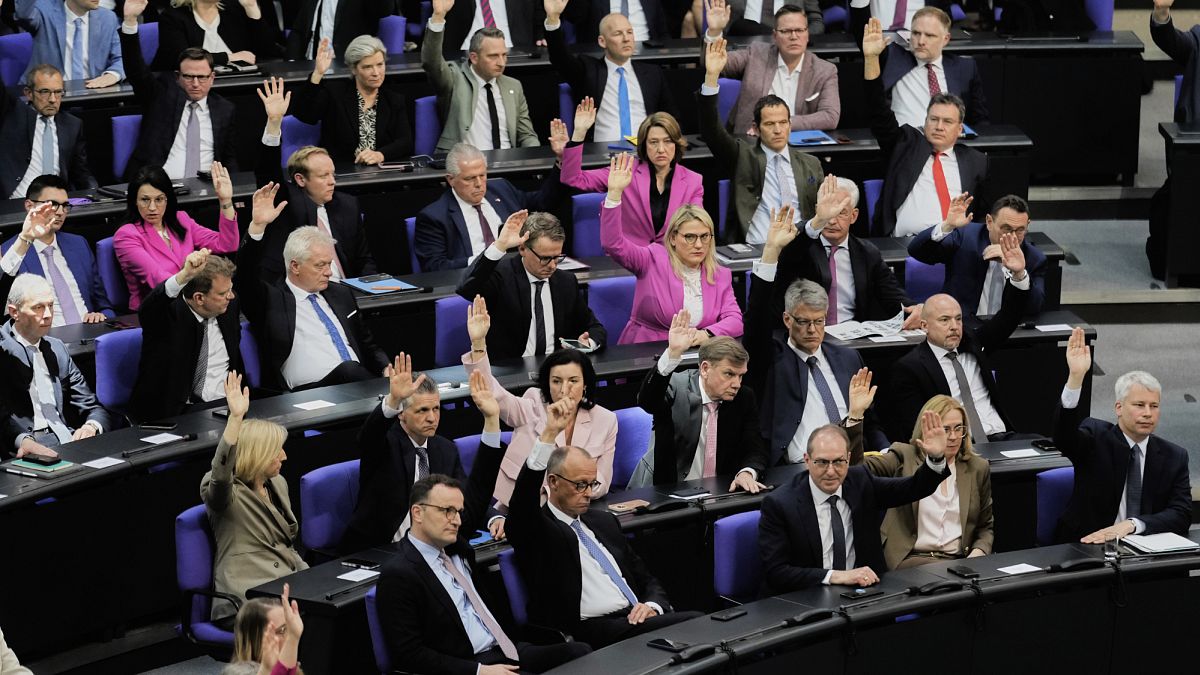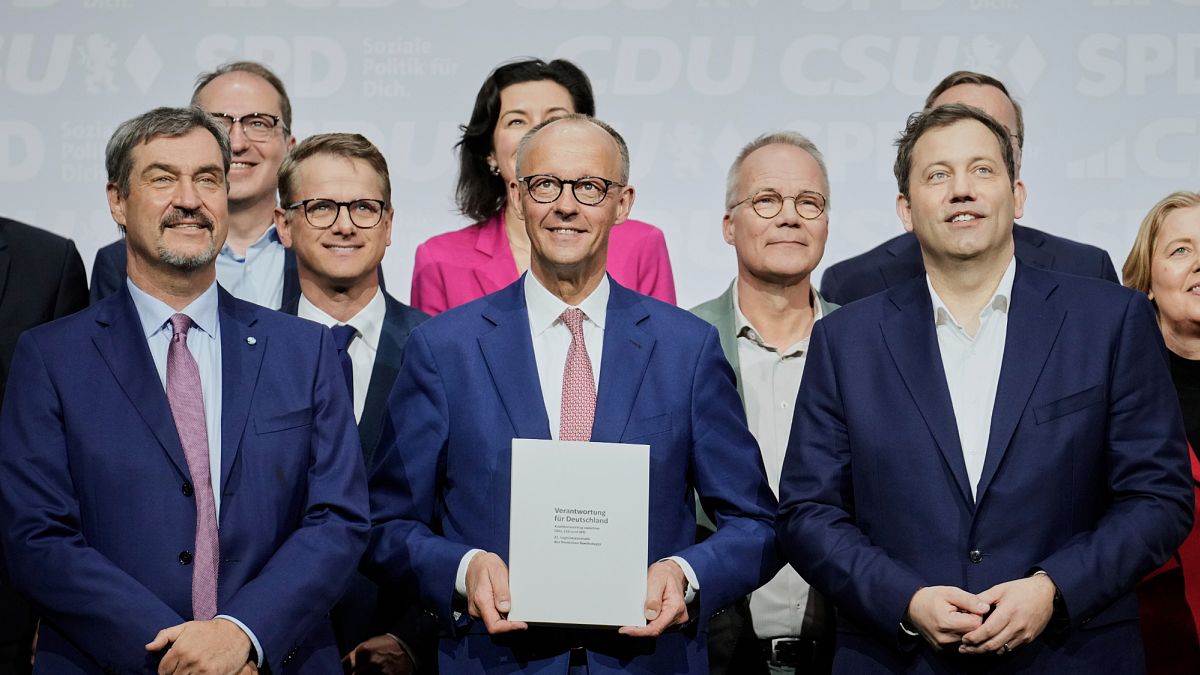Why is Germany having a budget crisis and freezing spending?
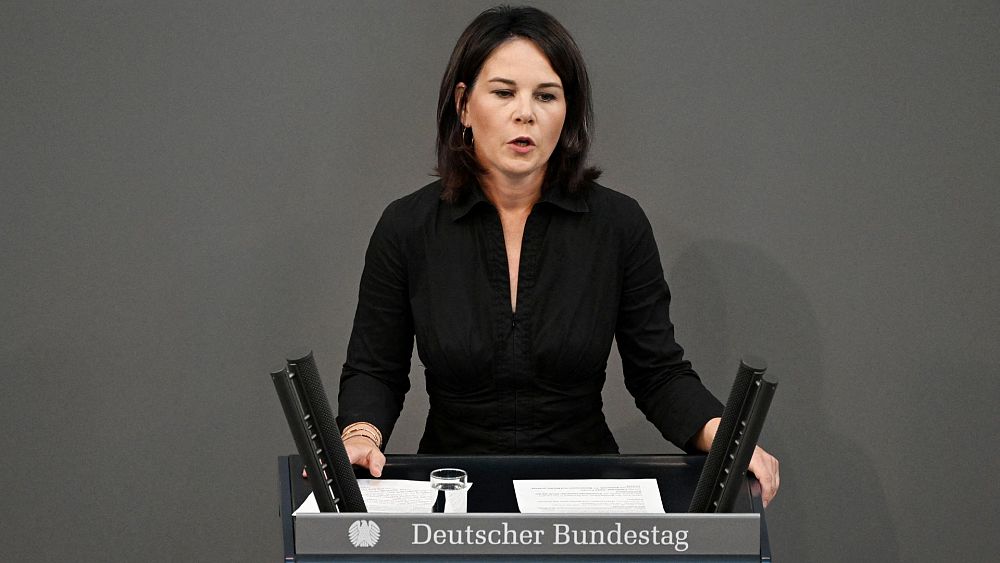
Germany is currently embroiled in a budget crisis following an emergency spending freeze. Euronews Business looks at why Europe’s biggest economy is in trouble.
Germany’s top court recently ruled against the reallocation of unused Covid-19 pandemic debt, totalling about €60 billion for climate and transformation projects, which has caused chaos for the country’s budget with the government ordering a spending freeze on new expenditures, especially green initiatives, while trying to decide whether to abolish the debt brake or curb spending from elsewhere.
Previously, this amount had been kept aside to be used for renewable energy subsidies, energy-efficient housing, chips production and support measures for high-energy companies.
The ruling has thrown German Chancellor Olaf Scholz’s coalition government’s 2024 budget announcement plans on Friday into disarray. The impact could also extend to financial plans until 2027, as the government now has to make do with €60 billion less.
What is Germany’s debt brake?
This has led to widespread criticism towards Germany’s debt brake, introduced in 2009, which restricts Germany’s structural budget deficit to be about 0.35% of its gross domestic product. This severely limits the country’s ability to borrow funds, which it has tried to counter by introducing off-budget funds.
However, the debt brake can be lifted during times of exceptional need. This was seen in 2020, as the government needed to bolster companies and the overall economy following the Covid-19 pandemic.
It was also lifted in 2022, following the surging of interest rates, inflation and energy prices. However, the debt brake was brought back in 2023 with alternative funds for military and energy price subsidy purposes.
Currently, the off-budget funds exceed the government’s actual budget, coming up to about €869 billion, and are spread across climate funds, energy subsidies, military upgrades and more. Following the court’s ruling, spending from off-budget funds are also halted, except in special circumstances.
While the debt brake has highlighted Germany as one of the strongest European supporters of fiscal discipline, it has also faced considerable backlash. It has been blamed for Germany not being able to borrow enough to invest in the right industries at the right time.
Investors are increasingly more worried that this rigidity could cost Germany its edge and competitiveness in the global market, especially when it is already struggling with slow growth and weak demand. The debt brake also makes it difficult to plan more long-term investments, keeping Germany’s fiscal policy more focused on the short-term, rather than long-term plans.
With the current court ruling pulling funds out of green transition projects, Germany could be left even further behind with its 2030 emissions and 2045 net-zero targets, at a time when most other G7 countries are also lagging. The climate change urgency has also prompted discussions on whether the debt brake should be lifted for 2023 and 2024, to allow Germany a chance to get back on track.
The ruling could also further threaten Germany’s current three-way coalition government, which is already on shaky ground due to an increase of public disagreements and economic shocks.
Additional sources • Reuters
Source: Euro News




